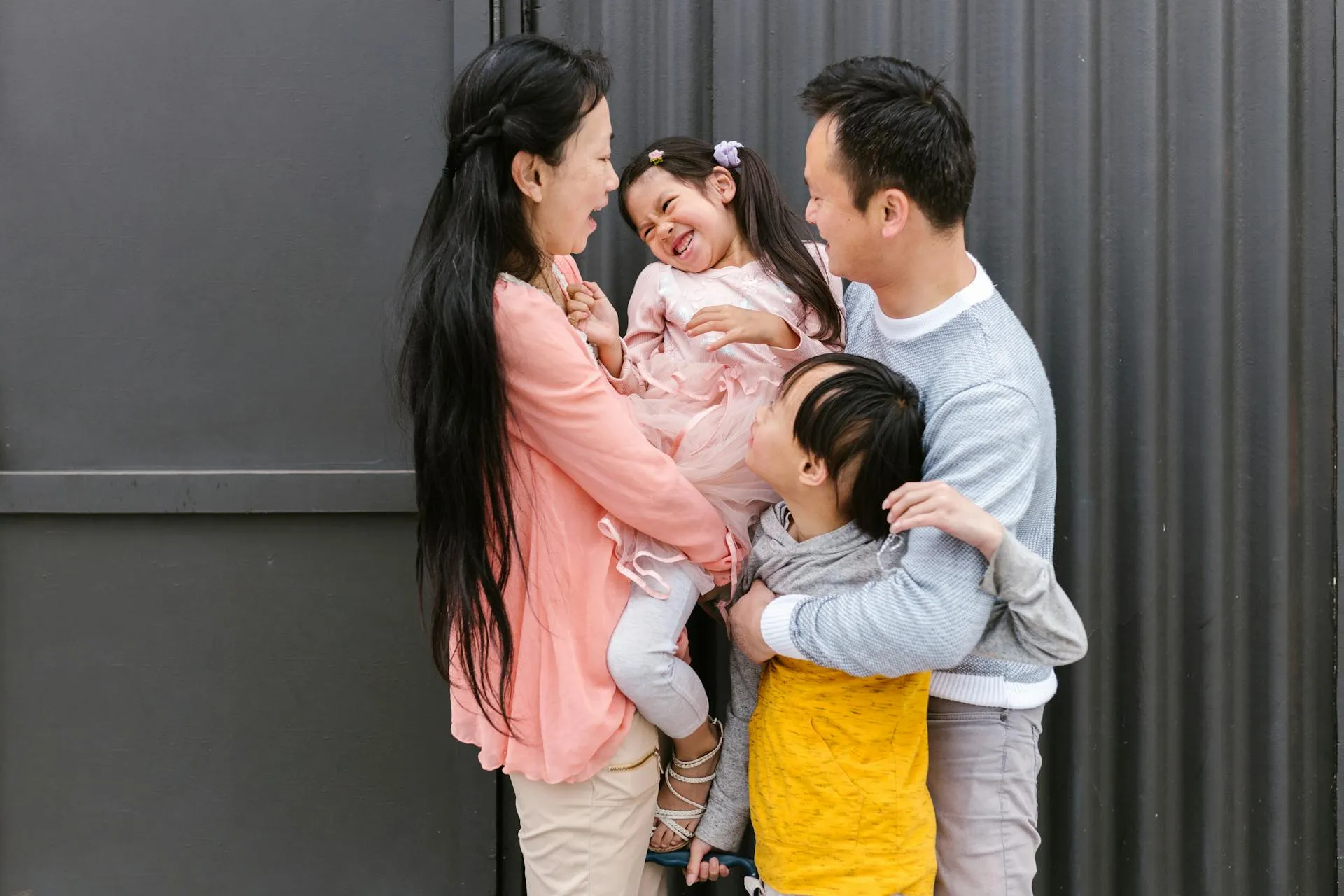What is a Sandwich Generation and What are its Financial Implications?

In the Philippines, the concept of familial duty is deeply woven into the cultural fabric. Respect for elders is paramount, and it is customary for children to support their parents as they age. Similarly, parents dedicate themselves to providing for their children's education and future, often at significant personal sacrifice. This intergenerational support system forms the backbone of Filipino family dynamics.
Family is indeed the cornerstone of Filipino society. However, amidst the warmth of these familial ties, a unique demographic navigates the challenging intersection of caregiving responsibilities. Enter the Sandwich Generation. Let's look at the meaning of the Sandwich Generation and understand what makes their role so distinct.
What is the Sandwich Generation?
The term "Sandwich Generation" refers to individuals typically in their 30s to 50s who find themselves sandwiched between the needs of their aging parents and their growing children. This generation faces the dual challenge of providing financial, emotional, and sometimes physical support to both younger and older family members simultaneously. For example, members of the Sandwich Generation may find themselves managing their children's education expenses while also assisting their elderly parents with medical bills and daily care needs.
Challenges of the Sandwich Generation
As the Sandwich Generation shoulders the responsibilities of caring for both aging parents and their own children, they face many challenges that demand attention and resourcefulness.
Filial Responsibility and Extended Family Dynamics
Asians, especially Filipinos, exhibit profound filial duties and tight-knit family ties, often placing members of the Sandwich Generation under immense pressure to care for both elders and younger relatives. This encompasses not only parents but also extended family members, regardless of marital status, showcasing the unique concept of familial support. This cultural norm reflects a deeply ingrained value system that prioritizes collective well-being and harmony across generations.
Financial Concerns
One of the most significant hurdles for the Sandwich Generation in the Philippines is managing financial obligations. With the rising cost of living and economic uncertainties, balancing the needs of multiple generations can be financially taxing. Many find themselves juggling expenses such as healthcare costs for elderly parents, education fees and education insurance for children, and household expenditures.
Emotional Strain and Caregiving Challenges
Beyond financial concerns, the Sandwich Generation grapples with emotional strain and caregiving challenges. Caring for aging parents, especially those with health issues, requires patience, empathy, and time. Balancing these responsibilities with the demands of work and personal life can lead to feelings of stress, guilt, and burnout.
Healthcare Constraints
Access to quality healthcare is a crucial consideration for the Sandwich Generation. Navigating the complex healthcare landscape, from hospital visits to health insurance in the Philippines, adds another layer of complexity to caregiving responsibilities. Ensuring that aging parents receive the care they need while addressing the healthcare needs of children requires careful planning and resourcefulness.
What Can the Sandwich Generation Do?
The challenges of the Sandwich Generation are no small feat, which makes prioritizing self-care so important for people in this group. Setting boundaries, seeking support from loved ones, and carving out time for personal interests and relaxation are vital for maintaining physical and emotional well-being.
Insurance can also play a pivotal role in easing the financial pressures faced by the Sandwich Generation. Health insurance can cover the medical expenses of aging parents, reducing out-of-pocket costs and stress. Education insurance helps manage children's educational expenses, ensuring their future is secure without overwhelming the family budget. Additionally, a life insurance plan provides a safety net, offering financial security and peace of mind in case of unexpected events.
Looking to the Future
As demographics shift and societal dynamics evolve, the role of the Sandwich Generation in the Philippines will continue to evolve. By fostering open communication, cultivating support networks, and embracing the values of compassion and empathy, this generation can navigate the challenges ahead with resilience and grace.
Navigating the responsibilities of the Sandwich Generation can be challenging, but you don't have to do it alone. With strong family bonds and a shared commitment to support, Filipinos in the Sandwich Generation can find strength in unity while caring for their elders and younger relatives.







